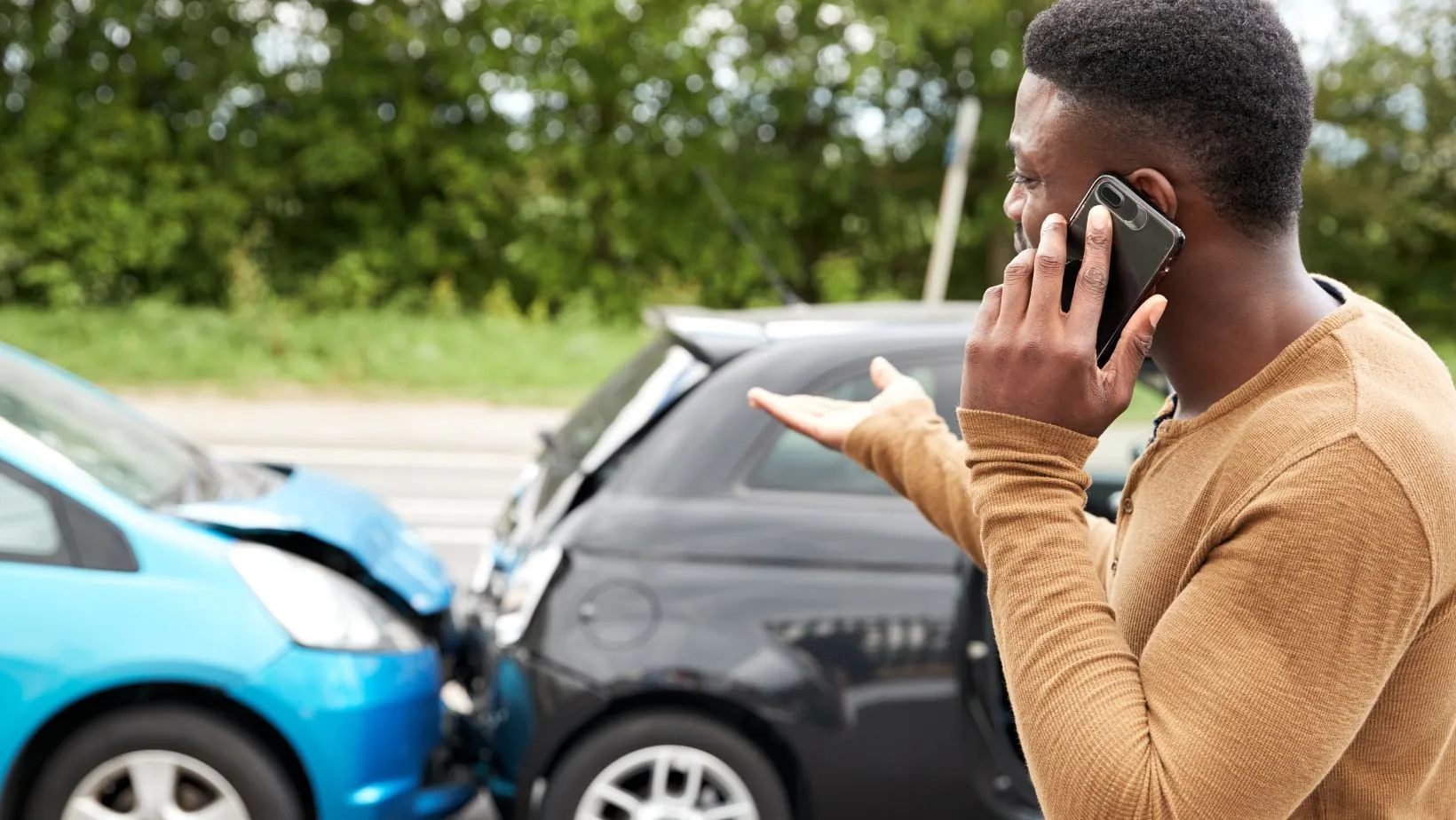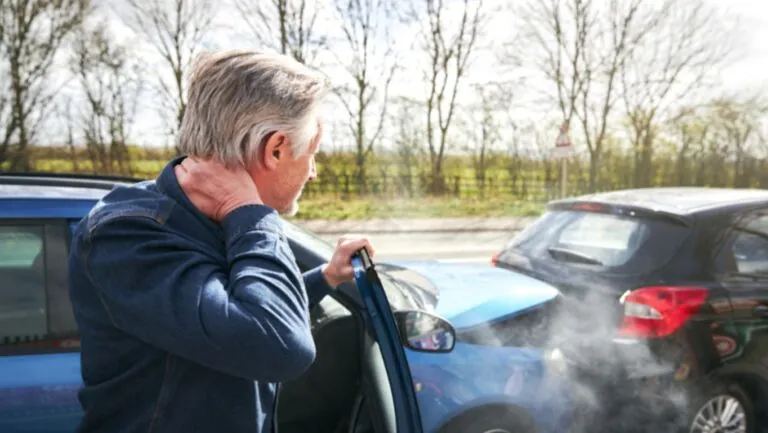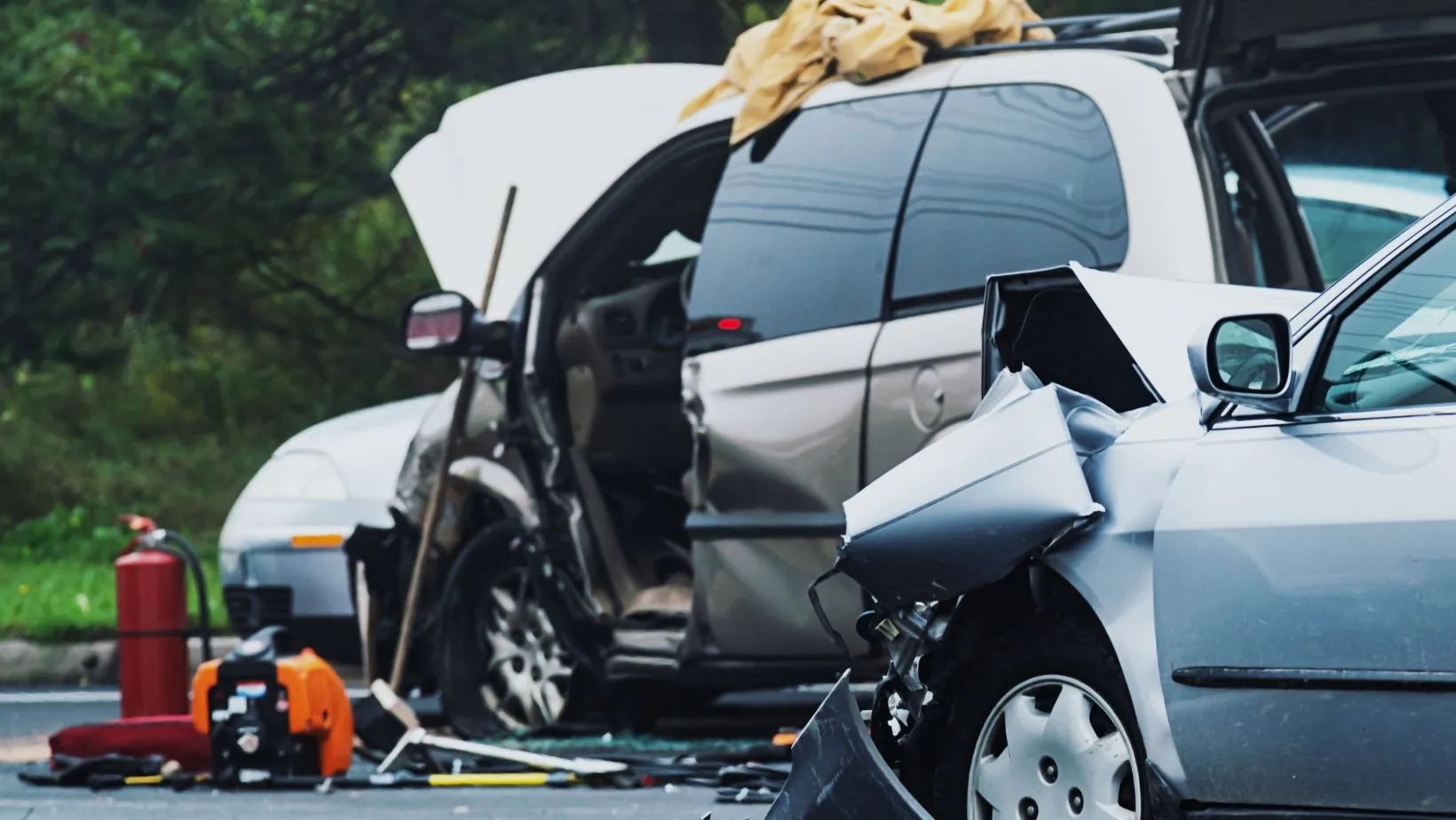Let us be honest: no one wakes up expecting to get into a car accident. But when it happens, the aftermath is incredibly stressful. Between constant doctor visits, insurance calls, and dealing with pain, you might feel like you are stuck in a whirlwind. That is why it is so important to understand what to do, especially if your body is in pain and you are wondering about your rights. If you are unsure where to start, it is a smart move to contact Morris Bart Attorneys at Law to get the guidance and legal help you need to streamline your life following a car accident.
When it comes to body pain and getting compensated, people are frequently conflicted with the following questions:
1. Why am I Still in Pain Days or Weeks After the Accident?
It is not uncommon to feel fine immediately after a crash, only to experience pain hours or even days later. This delayed onset is often due to adrenaline masking the pain at the scene. Injuries like whiplash and even minor fractures can take time to show symptoms fully. Just because it took a while to notice the pain does not mean it is not serious or that you cannot be compensated for it.
2. What Types of Injuries are Most Commonly Compensated?
In personal injury claims, compensation is not just for broken bones. As such, commonly compensated injuries include:
- Whiplash and neck strain
- Back pain
- Concussions and other head injuries
- Muscle sprains
- Mental and emotional distress
If your injury required medical attention, interfered with your ability to work, or caused long-term discomfort, it may be compensable.
3. How do I Prove that my Body Pain is Related to the Accident?
To link your pain to the accident, you will need credible documentation, including:
- Medical records from immediately after the accident
- Diagnostic imaging, like X-rays and MRIs
- Doctor’s notes detailing your symptoms and treatment
- A consistent timeline showing when the pain began
Therefore, following an accident, do not delay seeking medical care because waiting too long can weaken your claim. Insurance adjusters might argue that your injury wasn’t related to the accident.
4. Can I still be Compensated if the Pain Disappears?
Absolutely. Chronic pain after an accident is more common than you might think. If you are dealing with ongoing discomfort that impacts your quality of life, including making you miss work, you could be eligible for long-term compensation covering:
- Ongoing medical expenses
- Pain and suffering
- Lost wages
- Reduced earning capacity

An experienced attorney can help you quantify these less visible but real damages.
5. What Should I Do Before Speaking with the Insurance Company?
First, understand that insurance adjusters are not on your side. Their job is to settle quickly and pay out as little as possible. So, before you say anything or sign anything, talk to a personal injury attorney who knows how to handle these situations. The right attorneys will help you avoid common pitfalls, like undervaluing your claim or accepting a lowball offer.
And remember, not every injury is immediately visible, and not every claim is straightforward. That is why many people contact Morris Bart Attorneys at Law for a free consultation. They will walk you through your options and fight for the compensation you’re entitled to.
Conclusion
Body pain after a car accident is not just uncomfortable; it is a signal that something is not right. Understanding your legal rights and acting quickly can make a huge difference in your recovery and compensation. Whether your pain is mild or severe, do not ignore it. Get checked out, document everything, and most importantly, know that help is just a call away.


